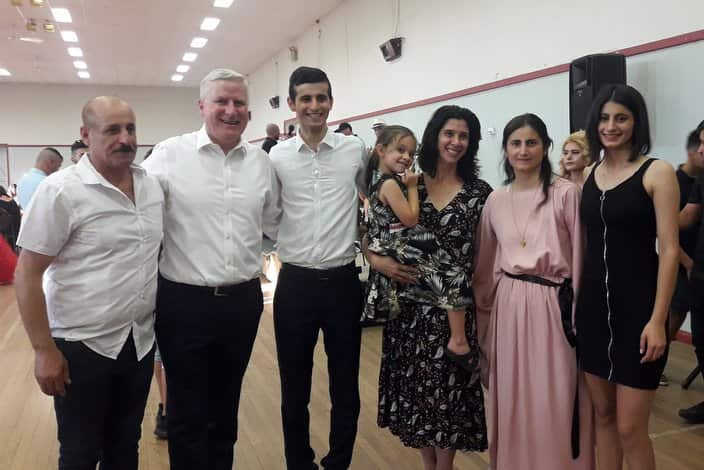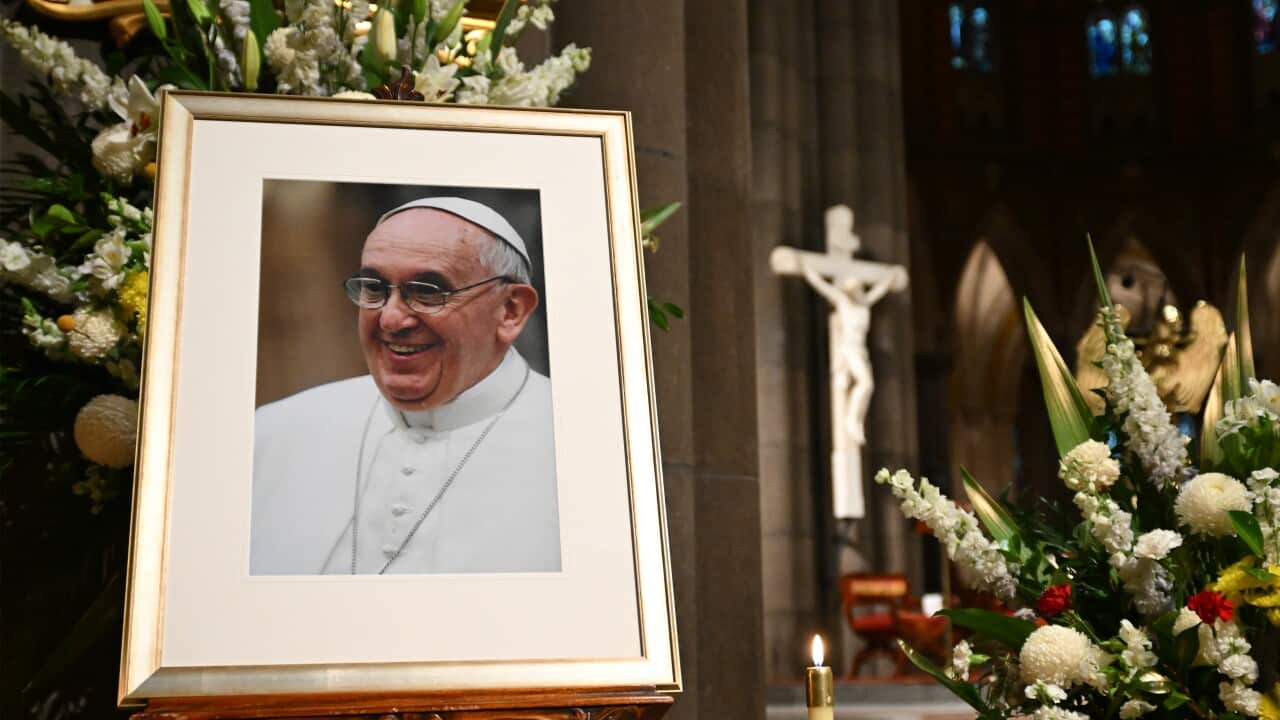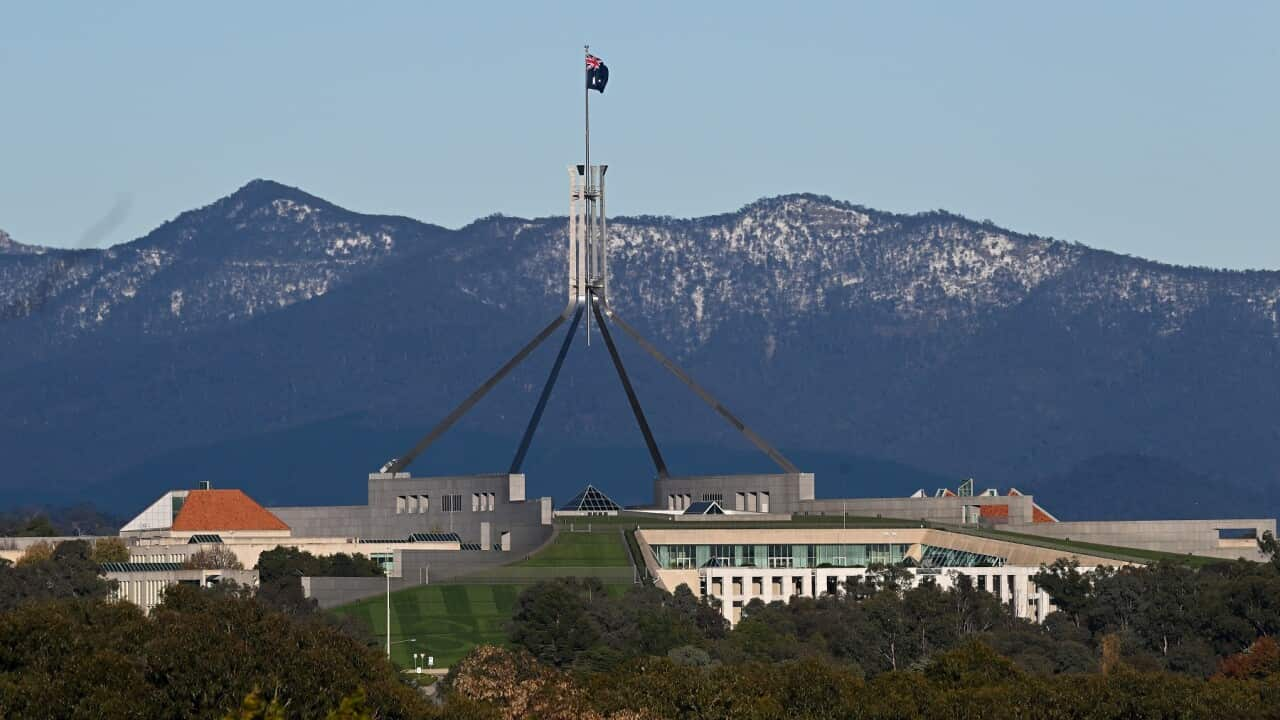Haji Gundor arrived in Australia from Shekhan in northern Iraq in 2017. Like thousands of Yazidis, he fled Iraq as a result of Islamic State’s attack in 2014.
Mr Gundor told SBS Kurdish the terrorist organisation stopped at nothing, killing a large number of his Yazidi community as well as people of other religions in the then-occupied region.
“We (family) left at that moment to escape to a safe area,” Mr Gundor said.
Mr Gundor fled northern Iraq with his parents and siblings to Turkey in 2014 and remained there as refugees until 2017. That same year they were granted a visa to come to Australia.
That same year they were granted a visa to come to Australia.

Source: Supplied by Haji Gundor
“We went to Turkey to ask a human rights organisation to understand our situation and then after three years of waiting for the human rights organisation we arrived in Australia,” Mr Gundor explained.
“We started a new life in Wagga Wagga and it is really peaceful country. The people are especially wonderful.” Mr Gundor also extended his gratitude to the teachers of Wagga for their kindness and generosity to his family.
Mr Gundor also extended his gratitude to the teachers of Wagga for their kindness and generosity to his family.

Source: Supplied by Haji Gundor
But like many refugees who resettle in another country, Mr Gundor and his family have been faced with challenges.
Mr Gundor said the difficulty is mainly the language barrier and beginning a whole new way of life in a foreign country.
“It’s hard because you need to understand the culture, their tradition, language, the way that life works in Australia, the weather, you need to know everything, you need to understand the Australian culture to live here,” he said. Despite the barriers, Mr Gundor and his family have embraced their new home and continue to thank the Australian government for the opportunity to build a new life.
Despite the barriers, Mr Gundor and his family have embraced their new home and continue to thank the Australian government for the opportunity to build a new life.

Source: Supplied
“I would like to thank the Australian government for their support to our people and any refugees arriving in Australia.”
Wagga Wagga has also embraced and welcomed the Yazidi customs and traditions having recently celebrated a three-day holy fasting event named Rojiya Ezi.
For the second year in a row, Deputy Prime Minister Michael McCormack attended the Yazidi event which is celebrated globally in December.
“He told us Wagga Wagga is our home and we are proud the government of Australia has helped Yazidi people.”
“The [Rojiya Ezi] celebration includes fasting for three days, where people choose to fast for three days or more days. For example I have fasted for five days and this fasting celebration has been in our religion since our prophet told us thousands of years ago,” Mr Gundor said.
Mr Gundor said Mr McCormack was happy when he came and met the Yazidi community.

Source: Facebook, Haji Gundor





